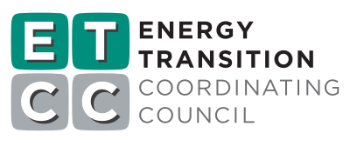Project Info
COMPLETE
 Project Title
Project Title
 Project Title
Project Title
Consumer Behavior Change via Online Integrated Demand-Side Management Leveraging Casual Social Games
Project Number ET11SCE4030 Organization SCE End-use Whole Building Sector Residential Project Year(s) 2011 - 2011Description
Online Integrated Demand Side Management service that incents consumers to conserve energy by leveraging social networks and social gaming. The internet-based platform enables social gaming (and other internet-based) companies to gain new revenue streams by trading their in-game currency for payments from utilities for verifiable energy usage reductions and energy efficiency activities. The payments flow from the utilities to the game companies through proprietary service, with the game companies connecting via Application Programming Interface.
Project Report Document
Loading PDF Preview...
